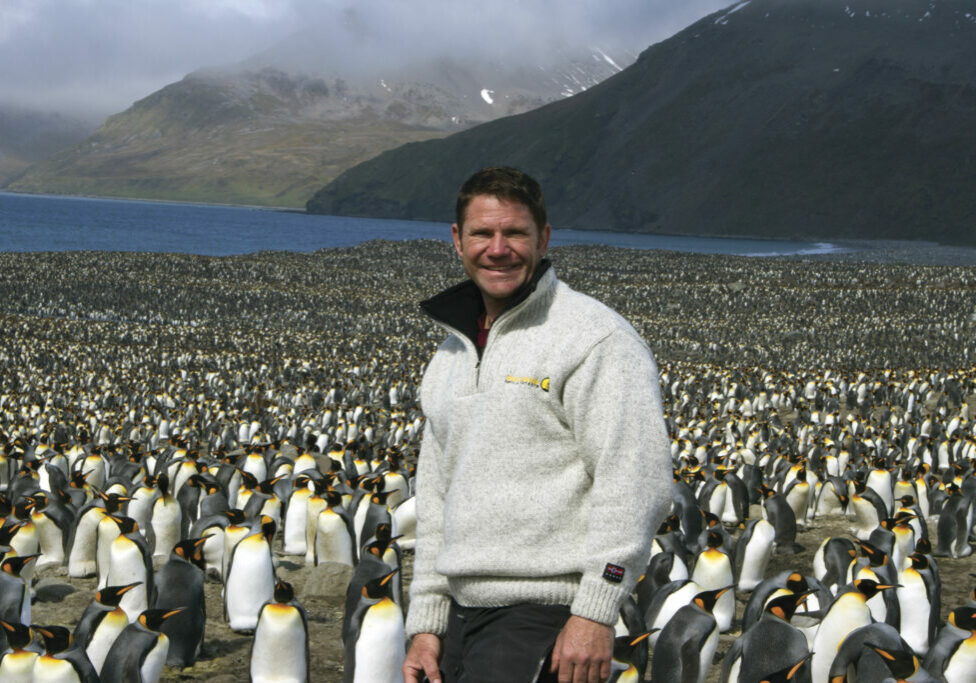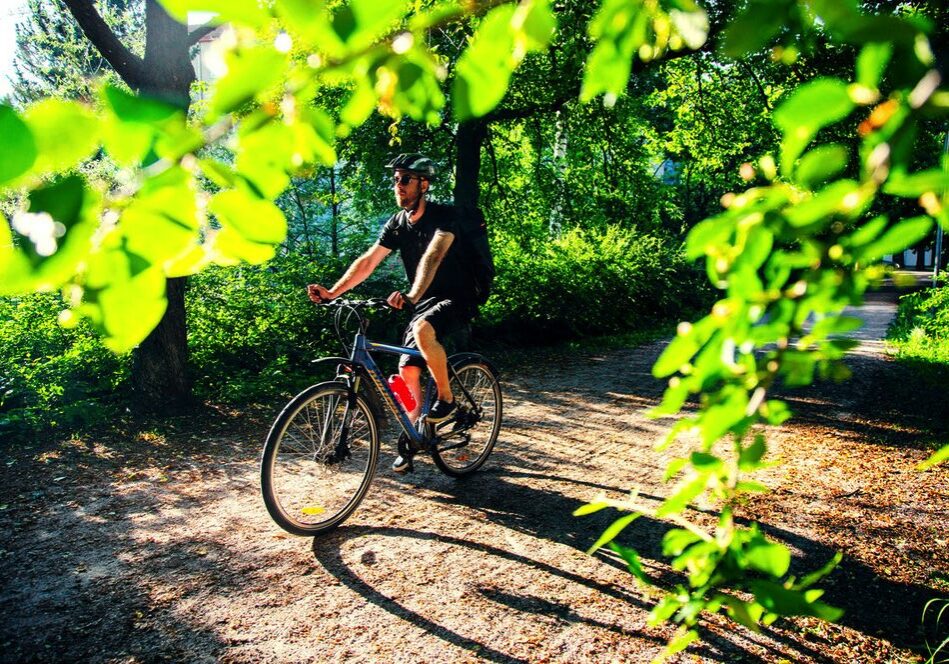1. Avoid flying
Avoiding air travel is the most obvious, but most impactful, way to make a difference. A return flight for two to Greece generates more CO2 than the average family car does in a year. If you can’t avoid air travel (perhaps you only have a few weeks to visit family in New Zealand, for example), use airlines with newer planes that emit less CO2 . Alternative Airlines lists those that are most committed to reducing their emissions. Glooby will show you the most fuel-efficient flights. Choose direct flights to minimise take-offs and landings, which use a lot of fuel.


2. Travel by land or sea
Cut down on carbon emissions by taking trains, coaches and ferries. With quicker check-in procedures and more central stations compared to airports, these methods aren’t necessarily slower. And you’re more likely to experience the culture of a place when using shared transport. Travelling through Europe on an Interrail Pass means you can explore a few countries in one holiday, and children aged 4-11 go free. As a guideline, we’d recommend taking a train ahead of flying for journeys up to six hours in each direction (or 10 hours if you’re travelling one way).
3. Go electric
If you need to take lots of kit on your trip, driving may be your only option. Consider hiring an electric vehicle for a cleaner alternative to your petrol or diesel car. Newer models can travel 200 miles on a single charge and most service stations have rapid charge points, as do an increasing number of hotels and businesses. Zap Map shows charging points in the UK, and the AA lists those in mainland Europe. The Netherlands tops the list of countries with the most charging points.

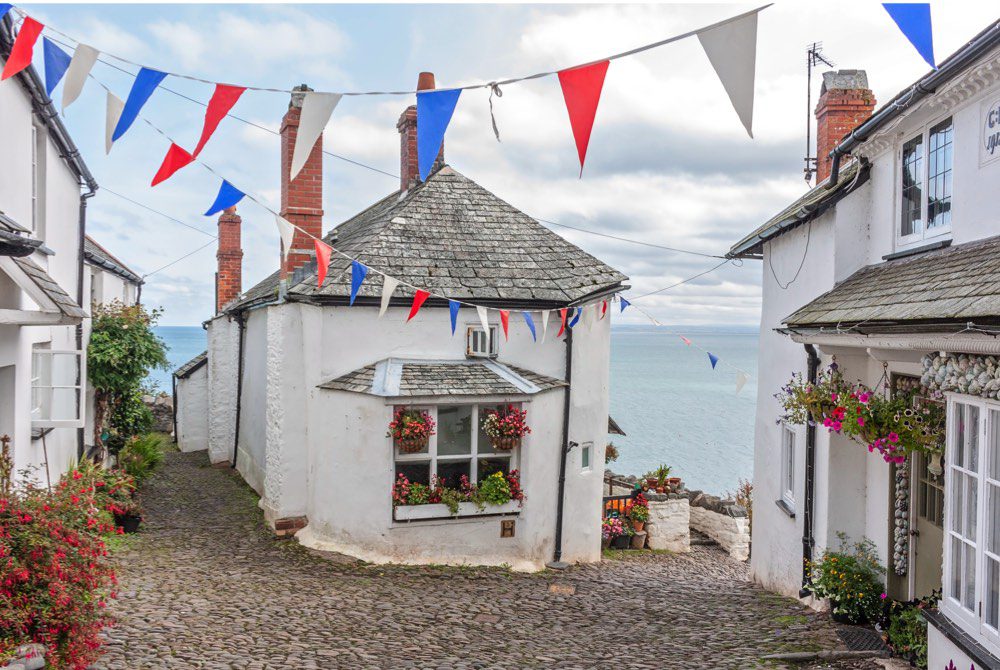
4. Don’t go far
Finding alternatives to air travel is a great way to reduce your holiday footprint, but another key thing to consider is the distance travelled. Almost any transport will produce harmful emissions, so consider a holiday close to home. Busy lives mean we often don’t have the time to visit attractions that are local to us. Going on holiday within an hour of your home could be the perfect opportunity to see the sights on your doorstep. Try a guided tour of your nearest city or explore the countryside with a map from Walking Britain.
Good clean fun
Organise a litter pick in the school holidays to keep the kids busy. Make a day of it, and even make it competitive to add some excitement!
5. Support sustainable businesses
If you’re booking through a holiday company, look for firms that are committed to ecotourism. They may support local communities, women-owned businesses or give a portion of profits to sustainable projects such as reforestation. Ethical Consumer has compiled lists of green travel companies, including sustainable travel insurance providers. Aim to stay in eco-friendly accommodation, too – sites such as Book Different and Rough Guide can ensure you make an informed choice, whether it’s a hotel or a low-impact glamping yurt.
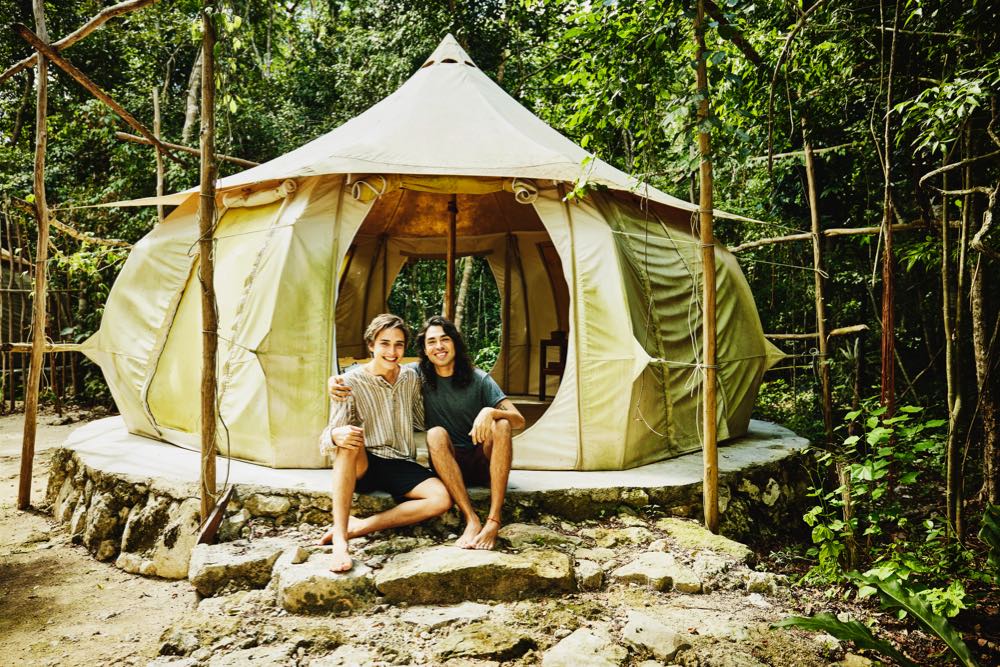
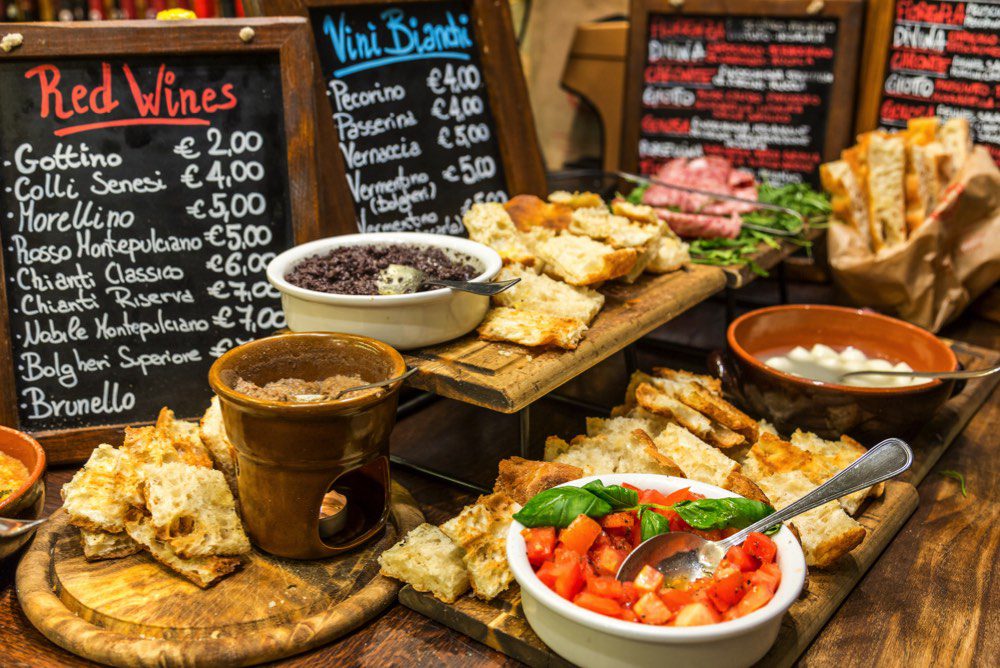
6. Be a considerate tourist
Eating local cuisine is one of the pleasures of being on holiday, and knowing that your food’s been prepared by people who care about their environmental impact makes it even better. Look for restaurants that are championing sustainability at your destination. Shopping with local businesses is a simple way to help, too, whether it’s grabbing a coffee (take your reusable cup!) or buying an artisanal gift. Keep up your everyday habits too – recycle what you can, bring your own bags and carry your litter if bins aren’t available.
7. Make a difference!
Consider giving something back by donating your holiday time to projects that actively improve the environment. There are plenty of options in the UK and abroad. Perhaps you could stay on an organic farm, with free food and lodgings in exchange for your work (visit WWOOF to learn more). Or helping could just be a small part of your holiday. In the UK, beach cleans with Surfers Against Sewage and litter picks with Keep Britain Tidy are eco activities with quick results that all ages can get involved with.
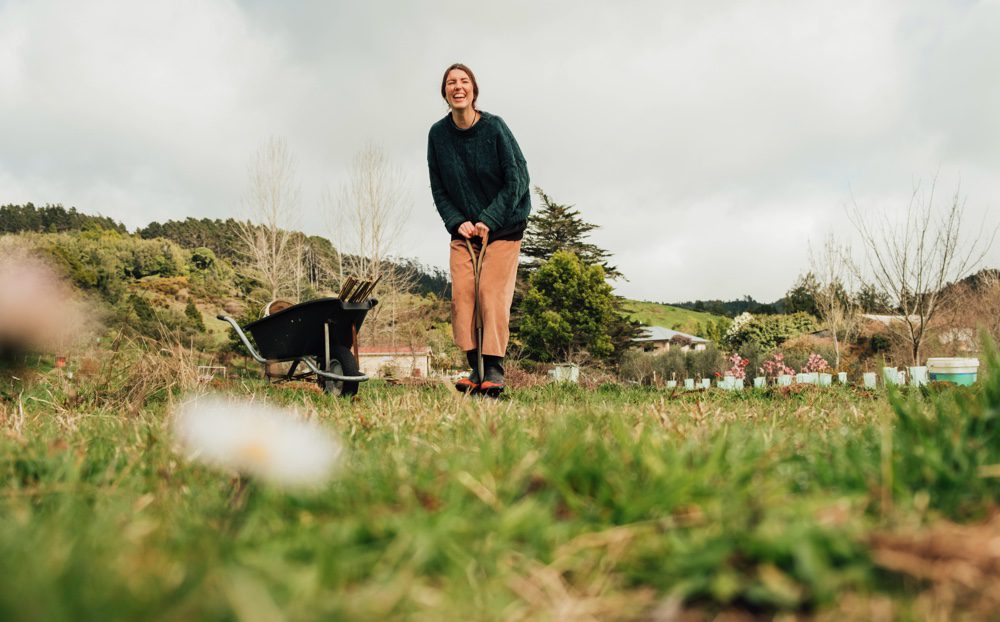
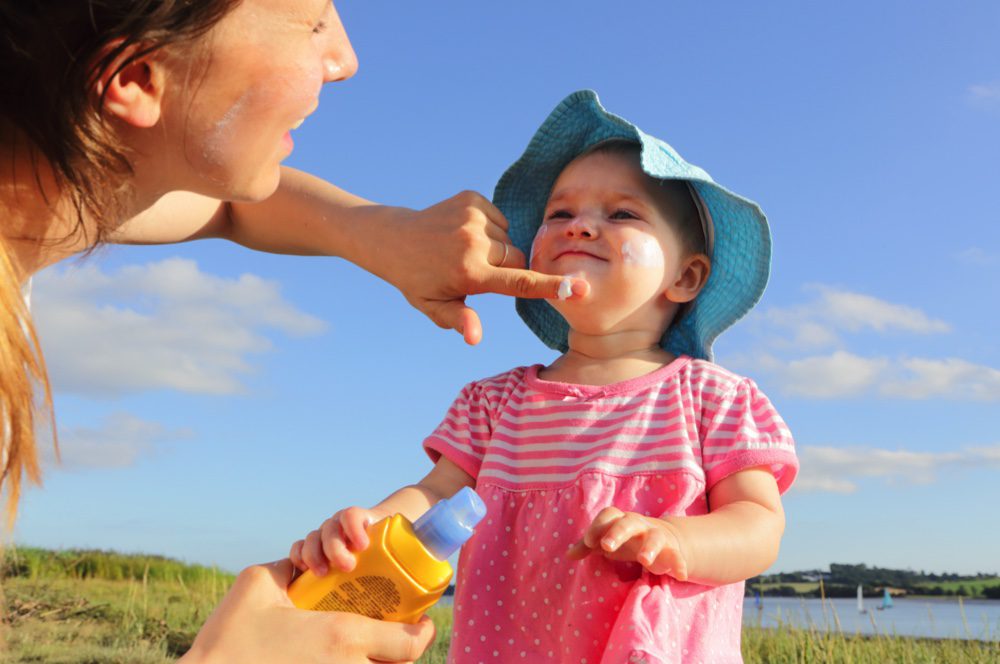
8. Perfect your packing
Your holiday preparation can be approached sustainably by minimising non-essential purchases. Decant toiletries into small bottles rather than buying mini versions and carry soap in a tin to reduce the use of hand gel. One essential item is sun cream, but choose brands that don’t harm aquatic life – Green People and UpCircle are well-respected. If you’re fond of a new ’holiday wardrobe’ shop second-hand – charity shops tend to stock seasonally appropriate clothes, so it’s easy to pick up anything from sun hats to wetsuits.
ALL IMAGES © GETTY IMAGES
Get more travel inspiration
You can find even more ideas for eco-friendly holidays on WWF International’s travel page.
More to explore
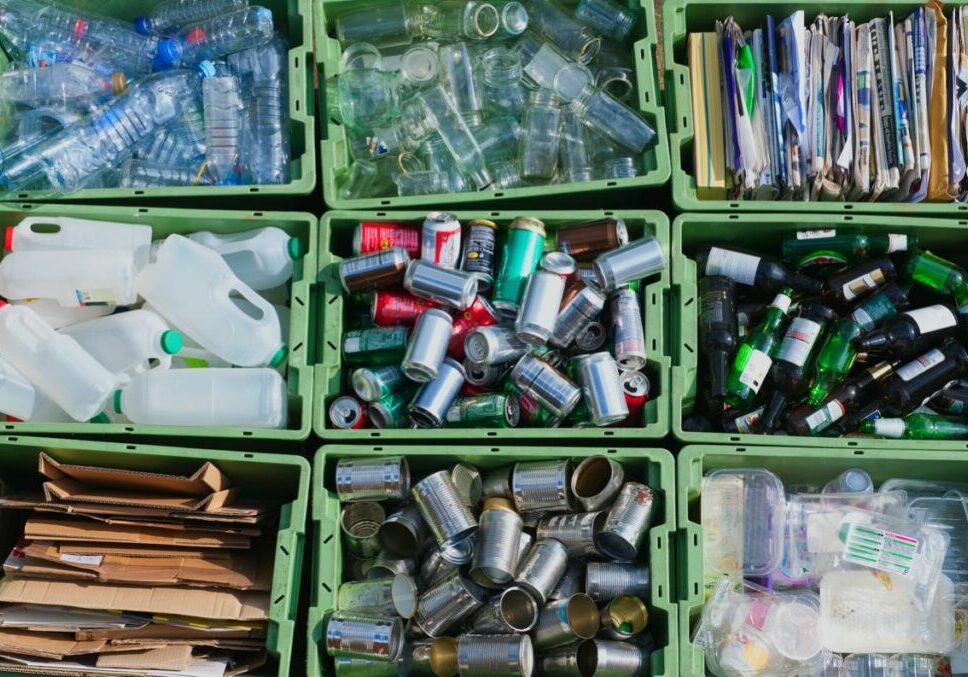
10 ways to wise up on waste
From smarter recycling to repairing and reusing what you own, our ideas will help you reduce your rubbish
